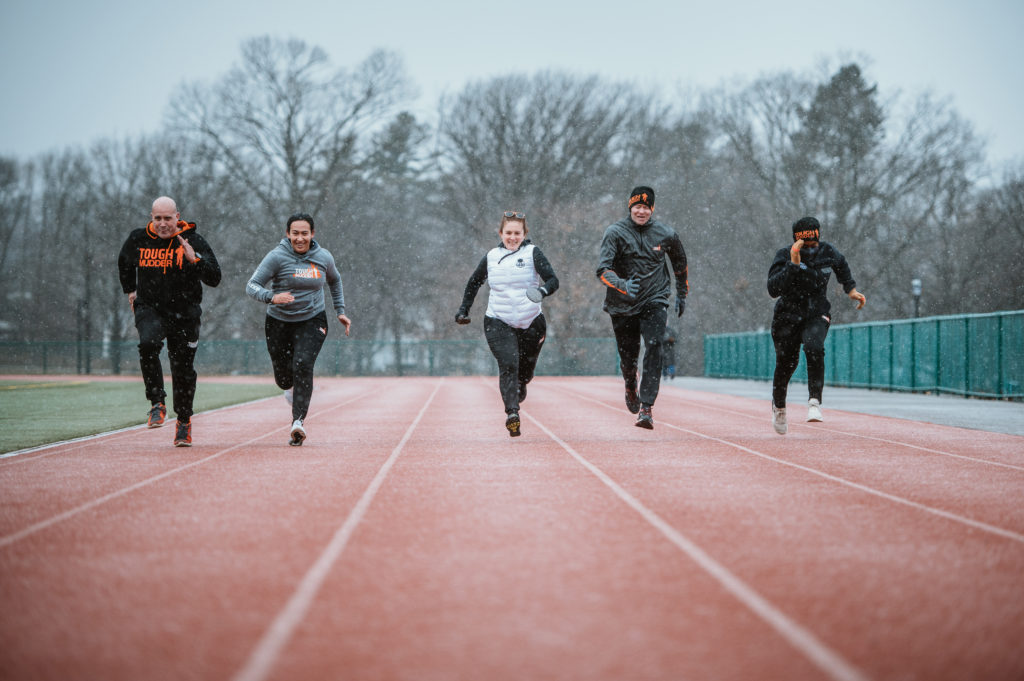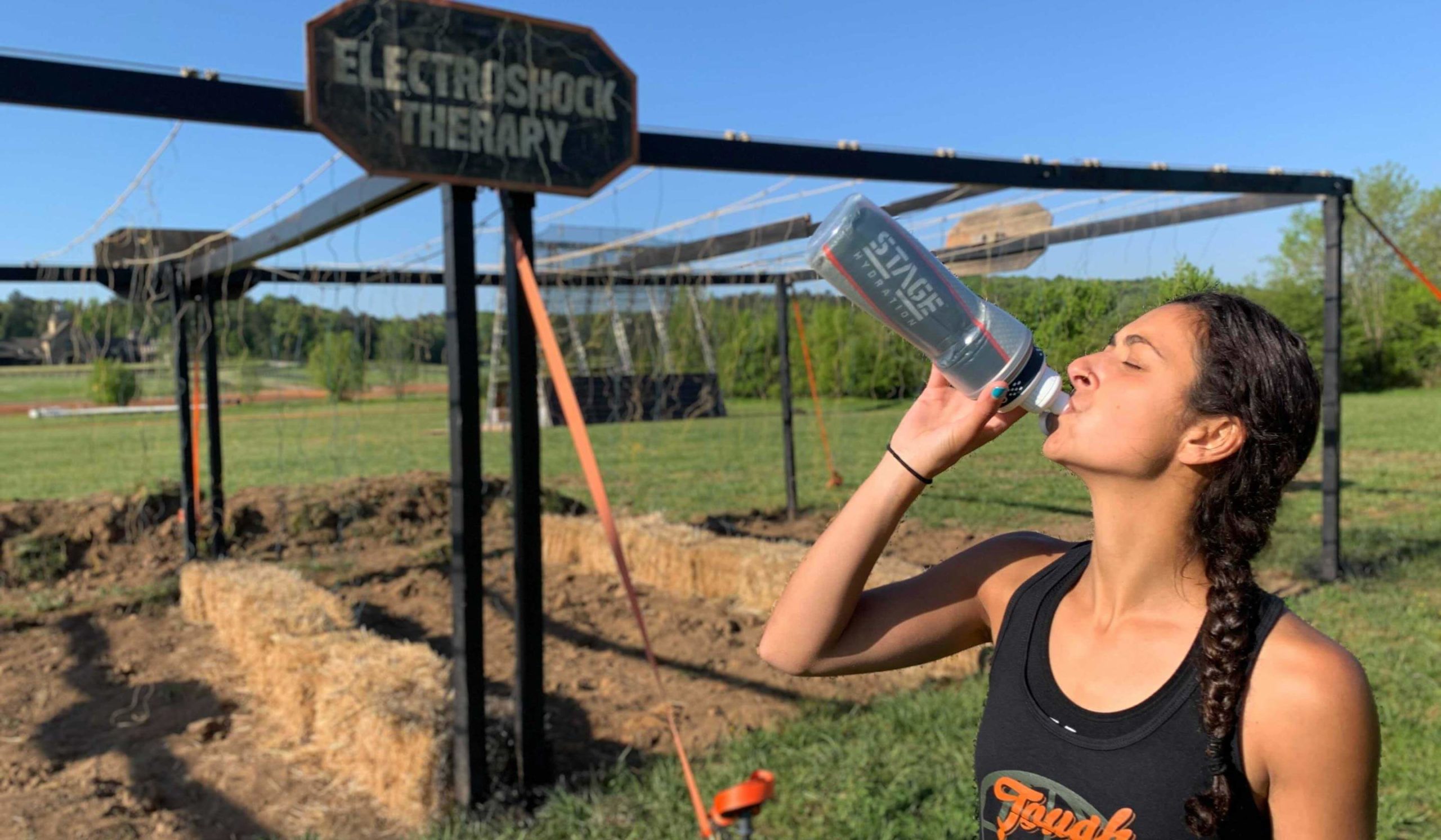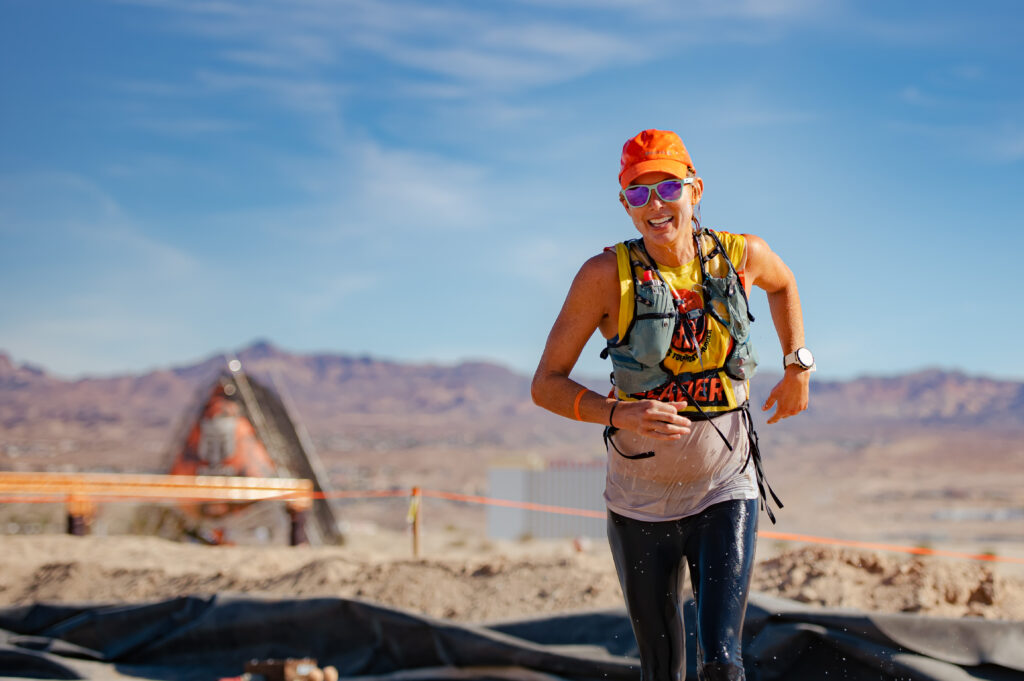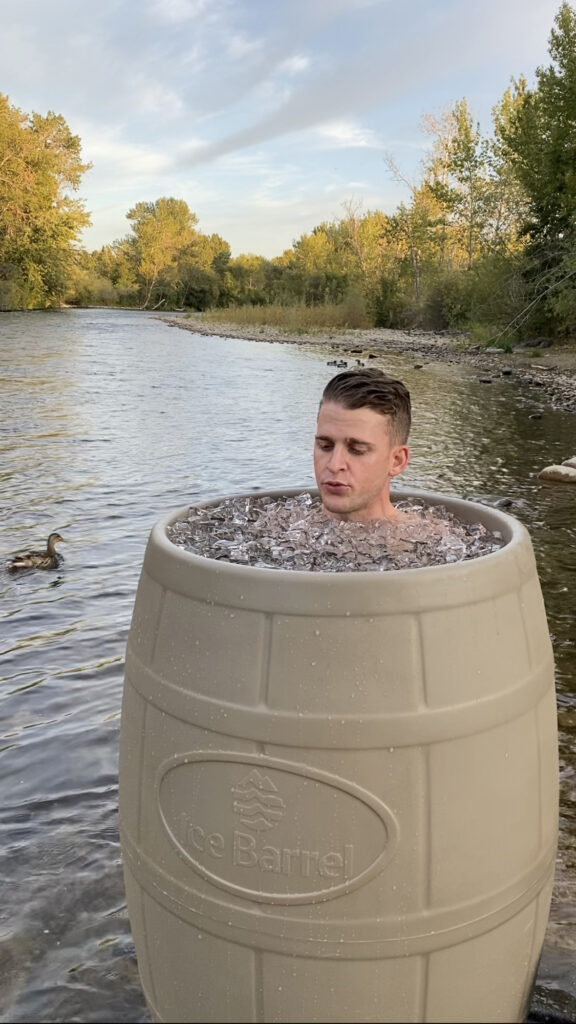Hydration. You’ve got questions, we’ve got answers. First: no, 2 beers before a Tough Mudder does not count. Afterwards, however…
In all seriousness, you should feel lucky since we are partnering with Stage Hydration to keep you hydrated on the course before, during and after. Let’s not overcomplicate it: hydration is important, well beyond what level training you are on, or what event you are choosing to do. It’s a simple fact that you need to get through your skull. And since we live in 2021, we have companies like Stage Hydration who have nearly perfected how to hydrate – and they have an incredible product that is backed by science.
Let’s start with the basics (with some science-y lingo) to level set with you, on why you need to really ask yourself if you are hydrating correctly before your Tough Mudder.

Why Hydrate?
The most important reason to stay hydrated is to maintain blood volume. Crazy, right? We learned this too from Dr. Bob Murray with Stage Hydration. This dude is legit…like, 23 years of being Co-Founder and Director of Gatorade Sports Science Institute, legit. Turns out, your blood is primarily made up of water… so as we lose water (dehydrate) the volume of our blood drops. Having proper blood volume ensures that our circulatory system works well, which is critical for maintaining temperature and transporting nutrients to our muscles.
As we dehydrate, our circulatory system must work harder to maintain temperature which is why overheating is a symptom of dehydration. Our muscles also stop getting the nutrients they need which results in loss of power, cramps and bonking (hitting a wall). Last thing you want is to have zero energy when you’re crawling through mud and sprinting up Everest, trust us.
How do I know if I am dehydrated?
During exercise you will start to feel the effects like overheating, cramping and bonking. All of these symptoms are your body telling you that you need more water and electrolytes. Most people can push through the initial symptoms of dehydration – at the expense of performance. Bottom line: dehydration should be addressed immediately as it can become extremely dangerous for our health. Once you feel these symptoms it typically means it is too late and your best course of action is to stop your activity, rest and rehydrate. A basic guideline from Dr. Murray at Stage is that you should not lose more than 1-2% of your body weight during an exercise. If you are concerned about this, you can measure this fairly simply by weighing yourself before and after exercise.
Why is water not enough and what are electrolytes?
One key aspect to understand with hydration is that it is both a depletion of water and electrolytes, not just water. As we sweat and use our muscles, our body loses water and electrolytes together. Electrolytes play 2 critical roles:
- to help our body hold onto water
- to aid our muscle and nerve function
If we replace water without replacing electrolytes it will actually further dilute the remaining electrolytes in our body – causing us to lose water faster and cramp or bonk easier. Rehydration and maintaining proper hydration should always be thought of as water plus electrolytes.
How much should I consume?
The age-old question. It varies by person, but a general rule is that a person should consume around 400mg of sodium per hour of strenuous exercise. Water should also be replaced at the rate it is lost. So if a 150lb athlete loses 2 lbs of water during their exercise (about 1 liter) they should plan to try and replace that during exercise (or immediately after). This would replace both the water and the electrolytes they are losing for an hour of strenuous exercise and ensure both proper hydration and optimal performance.
Let’s cut to the chase:
So if you are a runner, biker, athlete or someone who needs to level up their hydration game – get it together and stay hydrated before your Tough Mudder. Oh, you haven’t signed up yet? What are you waiting for?


